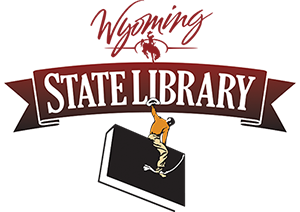 From the Colorado State Library
From the Colorado State Library
Intellectual freedom is a core value of library work, but what exactly is it? The American Library Association (ALA) defines intellectual freedom as “the right of every individual to both seek and receive information from all points of view without restriction.” Through free access to information representing a range of perspectives, intellectual freedom allows individuals to explore “any and all sides of a question, cause, or movement.” Watch the short video Introduction to Intellectual Freedom for an overview of this important topic.
The ALA Library Bill of Rights addresses intellectual freedom through seven foundational principles that should guide library service. The first of these principles states: “Books and other library resources should be provided for the interest, information, and enlightenment of all people of the community the library serves. Materials should not be excluded because of the origin, background, or views of those contributing to their creation.” The Library Bill of Rights goes on to address challenges to library materials, censorship, library access, and patron privacy. The supplemental Interpretations of the Library Bill of Rights provide more detailed analysis of how these principles should be applied in specific library settings, including topics such as Diverse Collections, Library-Initiated Displays, and Visual and Performing Arts. The Freedom to Read Statement is yet another intellectual freedom resource published by the ALA.
The values of intellectual freedom should impact how library policy is set at the local level. Some libraries have directly adopted the Library Bill of Rights and the Freedom to Read Statement as part of their policy set. Intellectual Freedom principles influence policy related to collection development, library card registration, internet use, and programming. These policies then influence the procedures for handling attempts to challenge or censor library materials. Library policies help protect the rights of library users to read and view information. They also communicate the guidelines the library follows when making decisions about library materials.
For more information on intellectual freedom, take a look at these resources from library professional associations:
